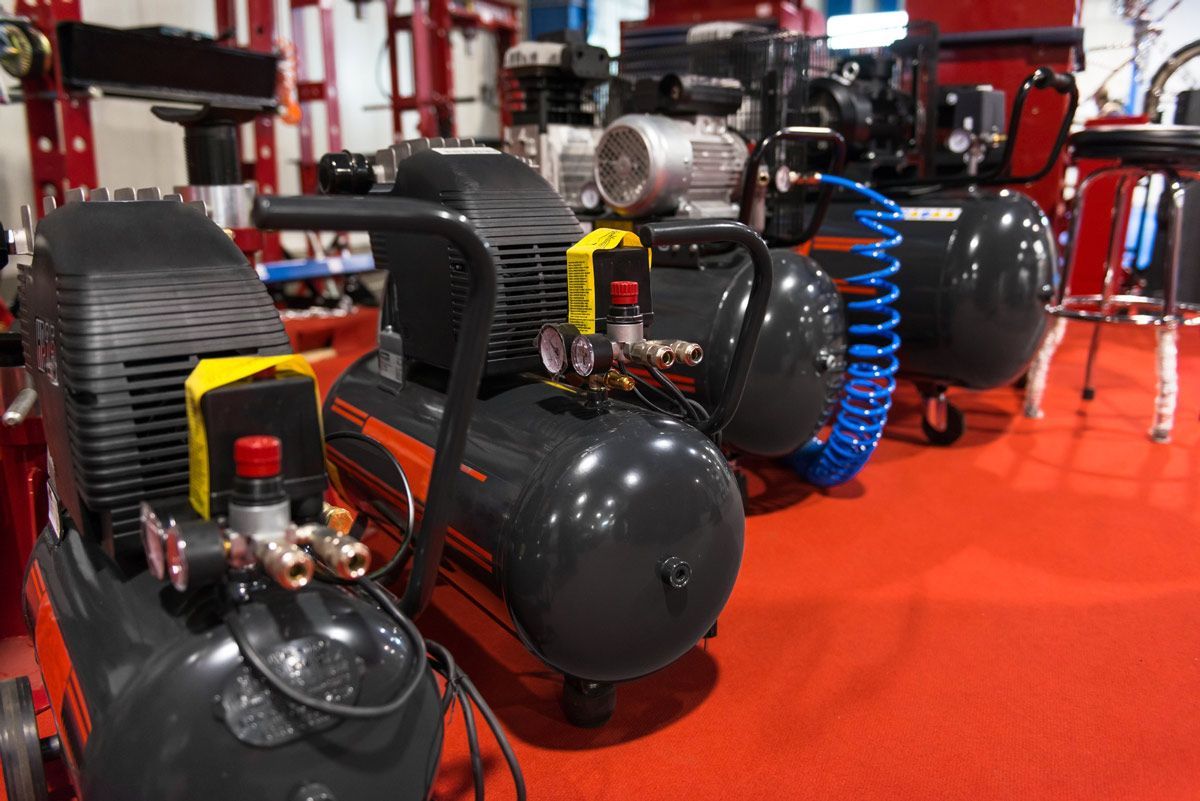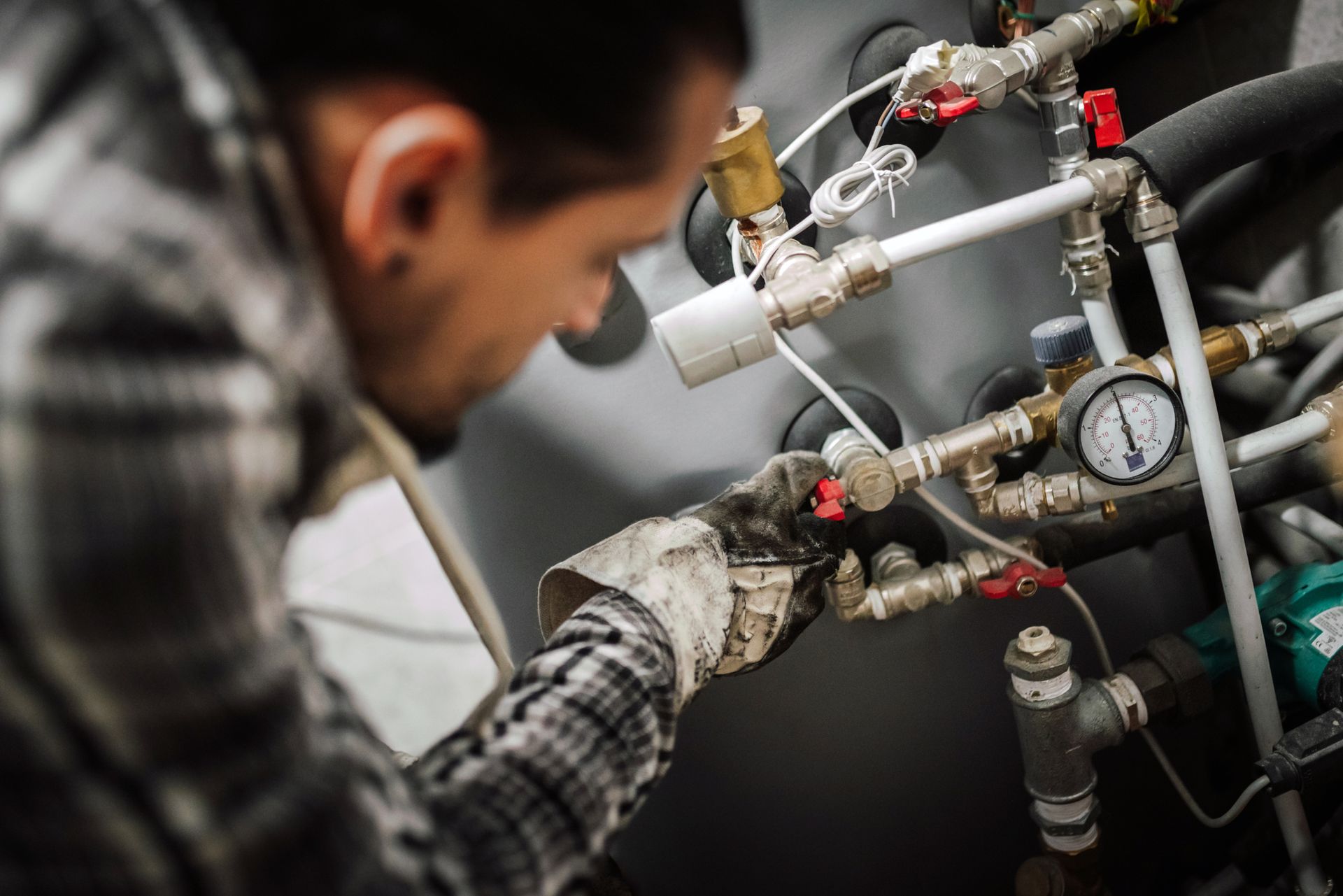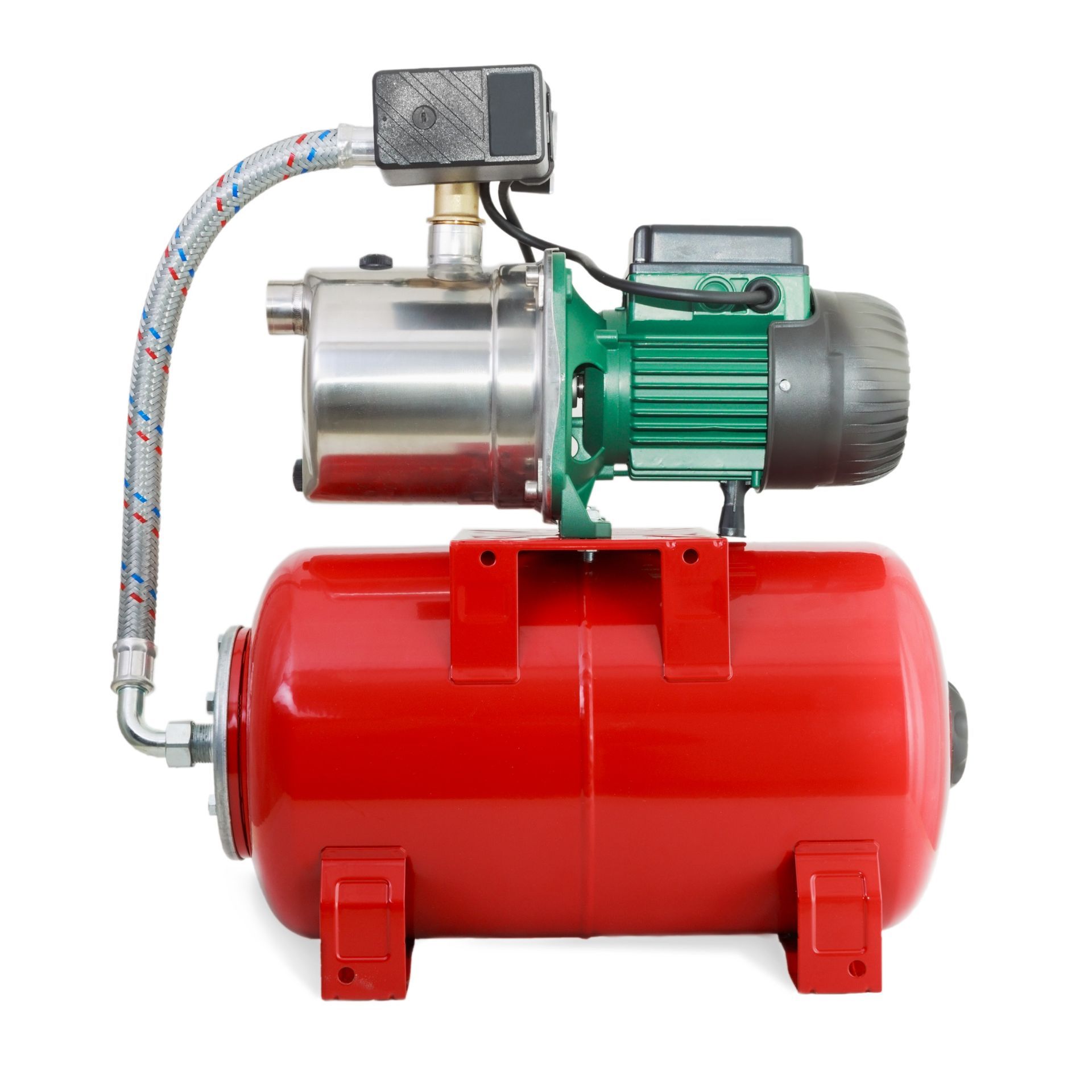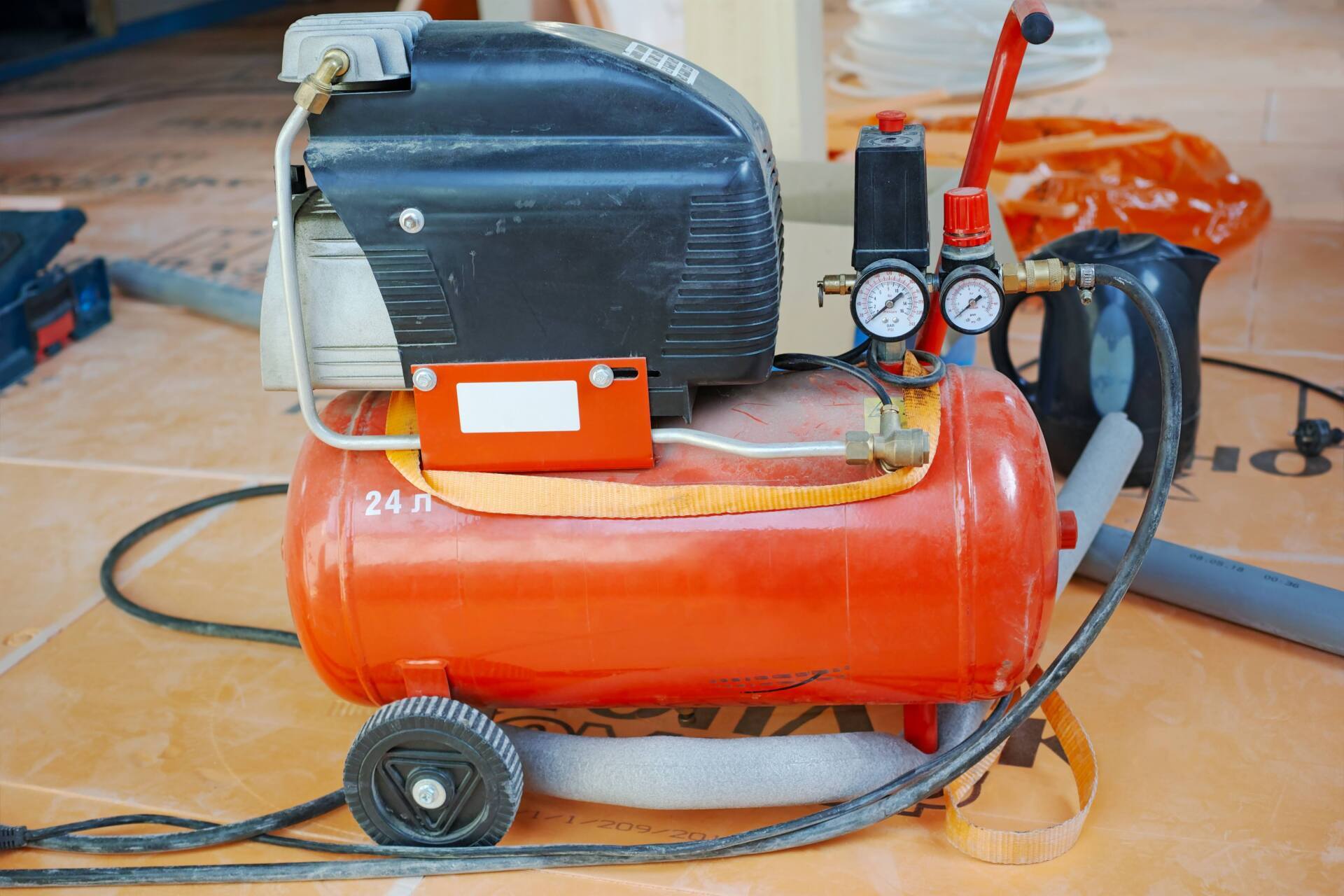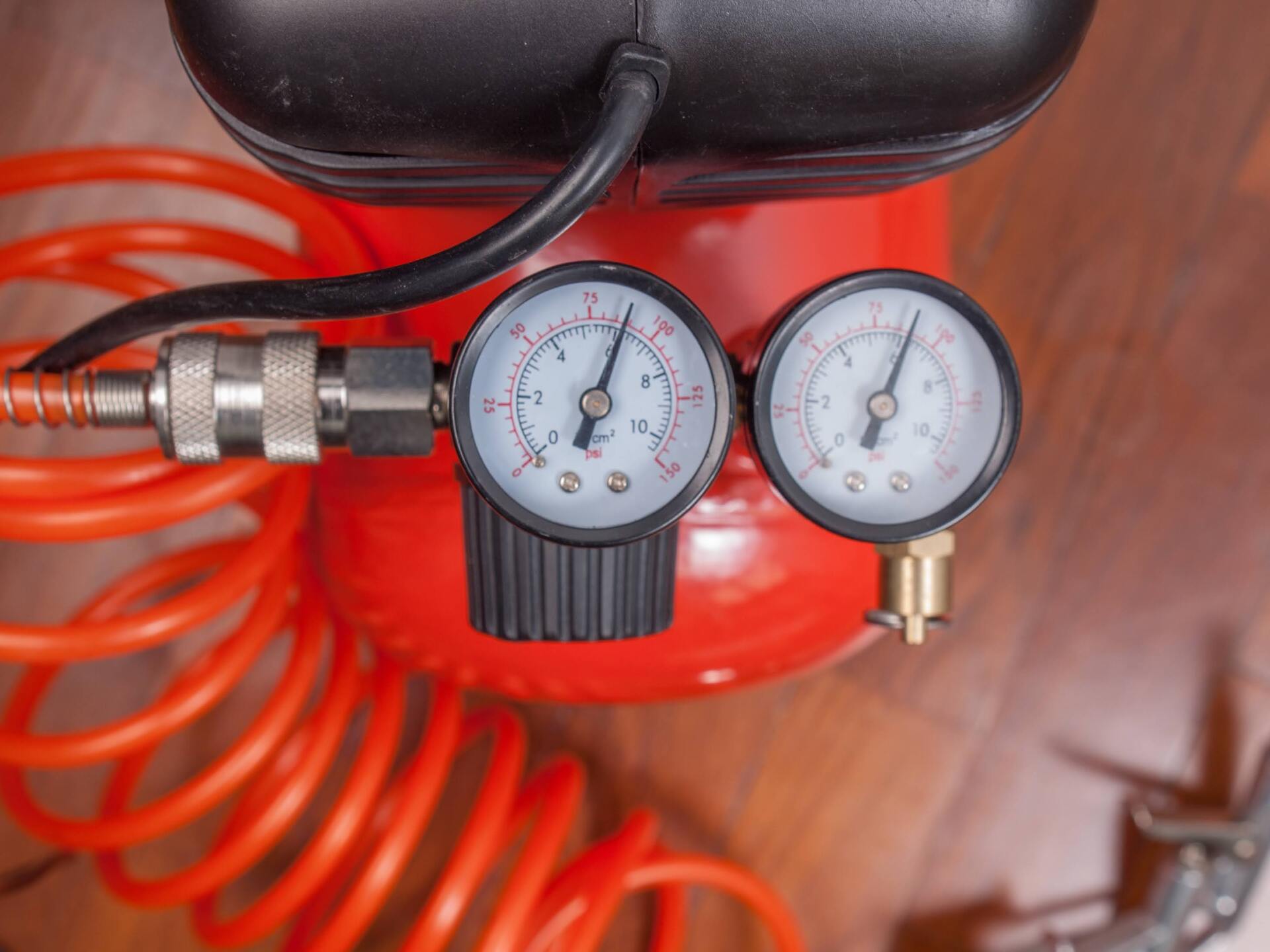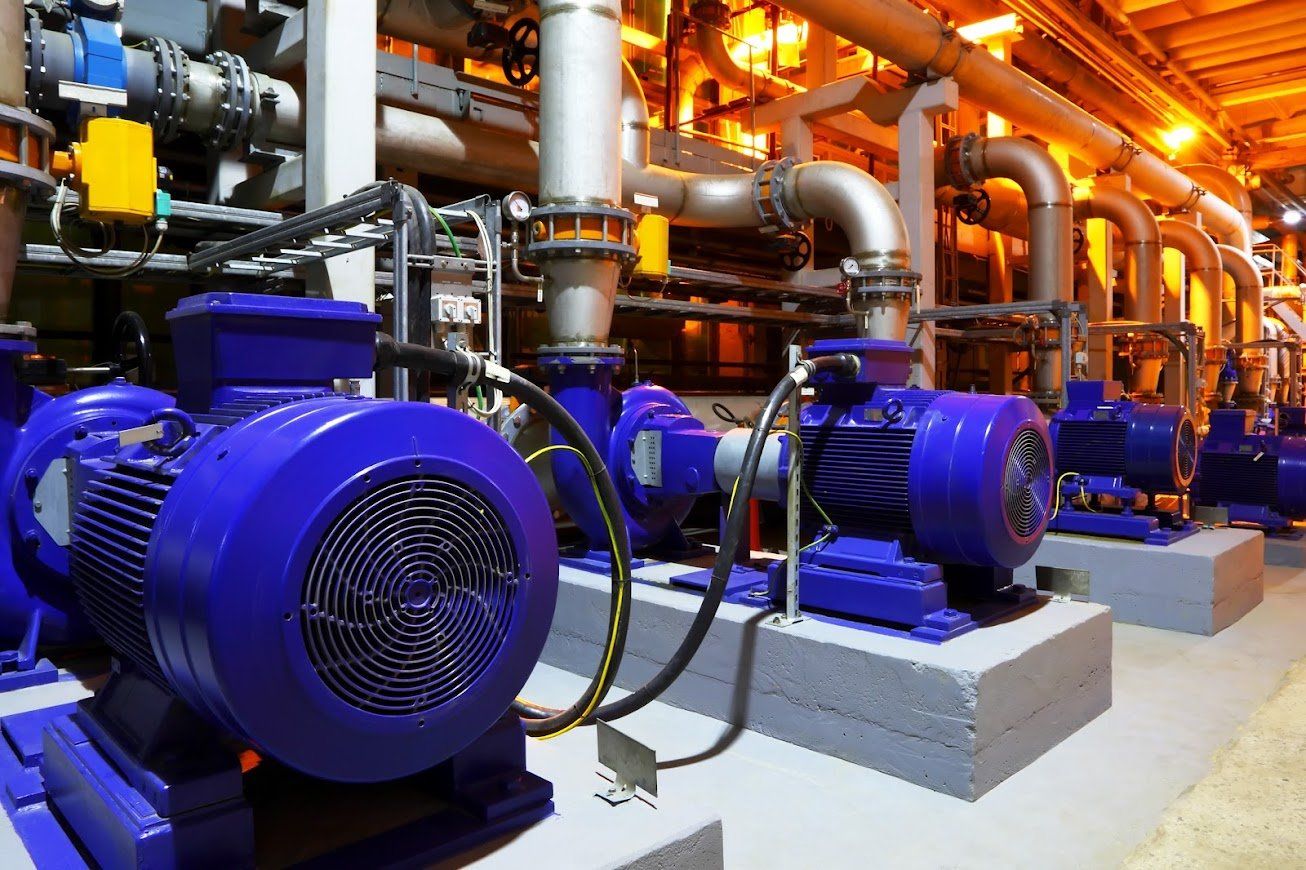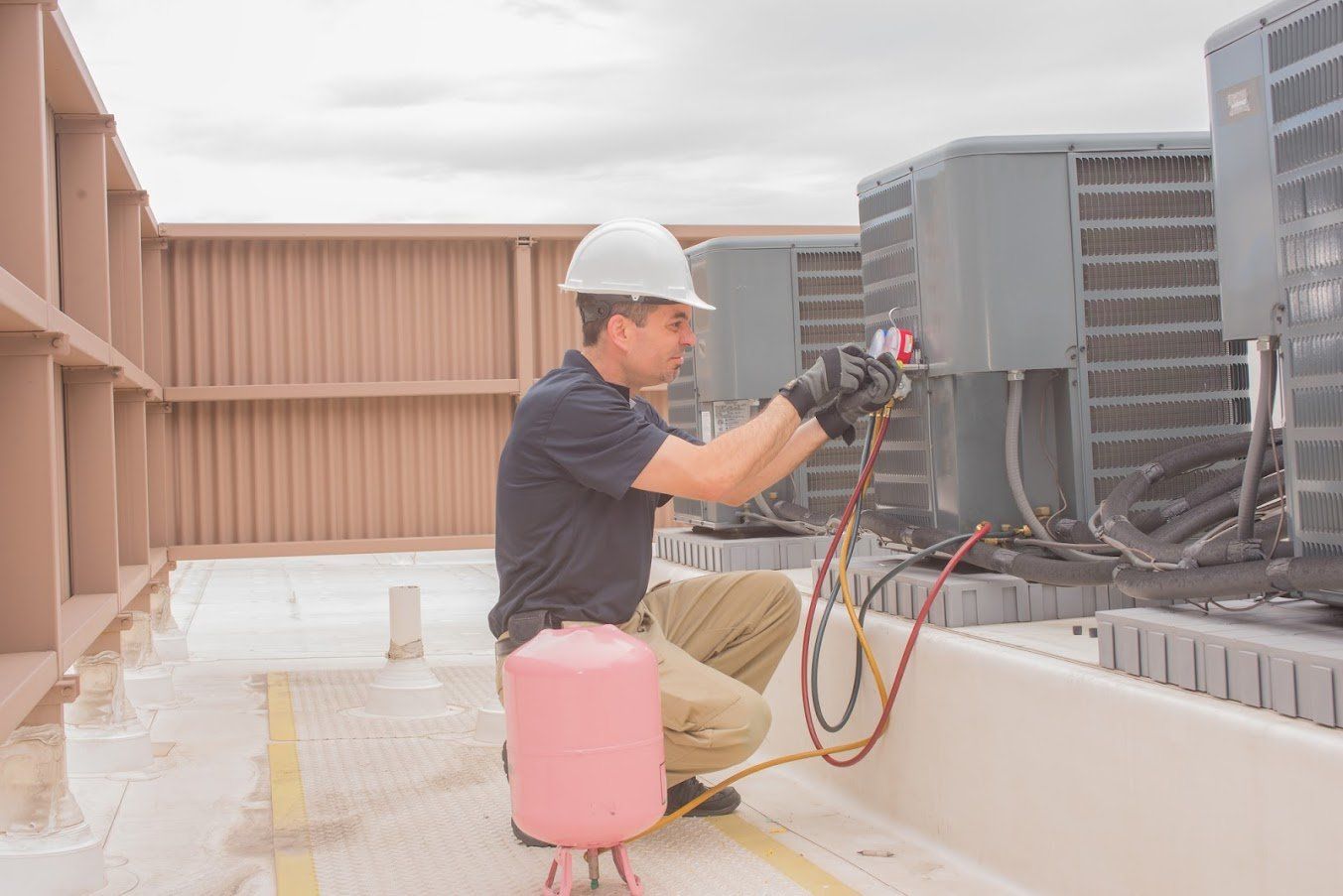Blog Layout
How to Make Your Compressed Air System More Energy-Efficient
How to Make Your Compressed Air System More Energy-Efficient
- By Admin
- •
- 03 Nov, 2020
- •
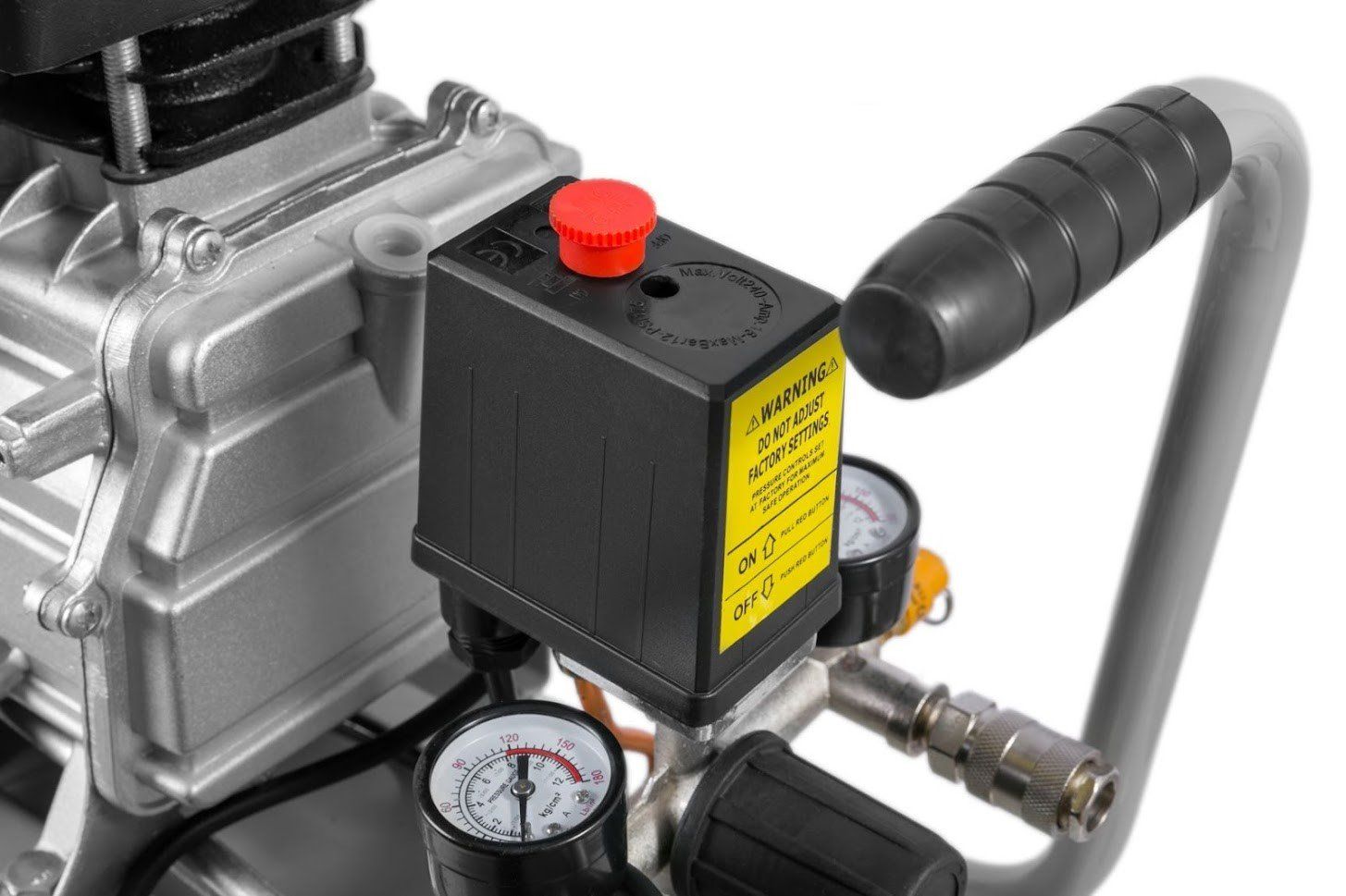
Compressed air systems power tools and equipment, so you might be surprised to learn that, scientifically speaking, air compression is not particularly energy-efficient. The most efficient air compressor on the market still uses more energy to compress air than the compressor can generate when that air is released.
The convenience and safety of compressed air systems means that, for most users, this loss of energy is a small price to pay. However, many compressed air systems are more inefficient than they need to be due to poor maintenance, poor design, or unsuitable components.
Increasing the energy efficiency of your compressed air system is always worthwhile, whether you use a small compressor to power hand tools or an industrial-grade compressor that powers an entire factory floor. A more efficient system will cost significantly less to run and will also make your system more environmentally friendly.
How Can You Improve Energy Efficiency in Compressed Air Systems?
If your compressed air system uses an alarming amount of power, you can take a number of steps to improve its efficiency and reduce overall power consumption.
Check for Leaks
Checking for air leaks should be your first priority if your compressed air system uses more power than it should. On average, a compressed air system more than five years old will lose up to 25% of its usable power to leakage. Detecting these expensive air leaks can be very challenging — many are from pinprick holes too small to be seen by the naked eye.
Larger commercial and industrial businesses can rely on in-house maintenance teams to find and repair these leaks, but smaller businesses and private users should call in a trustworthy air compressor repair service company. These personnel are well trained in leak detection and use specialized pressure sensors that can detect microscopic leaks in any part of your compressed air system.
Maintain Filters and Condensate Drains
Dirty air filters and clogged condensate drains can also cause significant power loss in compressed air systems. The air filters that prevent particulate matter from entering your system can become saturated with solid matter without regular cleaning or exchanging. If your system contains additional air line or point-of-use filters, keep these in good condition as well.
Condensate drain maintenance is also very important. If your system's condensate drains malfunction or become clogged with solid material, they may stick open and allow significant amounts of compressed air to escape the system. If your system uses timed condensate drains, make sure to set their timers correctly to prevent pressure loss during critical operations.
Upgrade or Downgrade Components
Many businesses that use compressed air systems hemorrhage cash simply because their systems are poorly designed. If your system has been upgraded in a piecemeal fashion over time to keep up with growing demand, it may contain components no longer fit for purpose.
For example, many compressed air system users will attempt to increase system power by installing a more powerful compressor but will neglect to install larger diameter air lines to handle the extra air pressure. Other systems improperly use desiccant air dryers, which are less expensive than other air dryer types, but also cause unavoidable pressure loss in a system.
Other businesses take the exact opposite approach and use an overly powerful, over-engineered system to power relatively simple equipment. If your air compressor usually runs at a fraction of its maximum capacity, downgrading to a smaller, more efficient compressor can produce substantial savings.
If poor design undercuts your system's energy efficiency, call in a compressed air system installation service for a professional consultation. Feel free to contact the compressed air system experts at Compressed Air Systems for useful advice and recommendations.
The convenience and safety of compressed air systems means that, for most users, this loss of energy is a small price to pay. However, many compressed air systems are more inefficient than they need to be due to poor maintenance, poor design, or unsuitable components.
Increasing the energy efficiency of your compressed air system is always worthwhile, whether you use a small compressor to power hand tools or an industrial-grade compressor that powers an entire factory floor. A more efficient system will cost significantly less to run and will also make your system more environmentally friendly.
How Can You Improve Energy Efficiency in Compressed Air Systems?
If your compressed air system uses an alarming amount of power, you can take a number of steps to improve its efficiency and reduce overall power consumption.
Check for Leaks
Checking for air leaks should be your first priority if your compressed air system uses more power than it should. On average, a compressed air system more than five years old will lose up to 25% of its usable power to leakage. Detecting these expensive air leaks can be very challenging — many are from pinprick holes too small to be seen by the naked eye.
Larger commercial and industrial businesses can rely on in-house maintenance teams to find and repair these leaks, but smaller businesses and private users should call in a trustworthy air compressor repair service company. These personnel are well trained in leak detection and use specialized pressure sensors that can detect microscopic leaks in any part of your compressed air system.
Maintain Filters and Condensate Drains
Dirty air filters and clogged condensate drains can also cause significant power loss in compressed air systems. The air filters that prevent particulate matter from entering your system can become saturated with solid matter without regular cleaning or exchanging. If your system contains additional air line or point-of-use filters, keep these in good condition as well.
Condensate drain maintenance is also very important. If your system's condensate drains malfunction or become clogged with solid material, they may stick open and allow significant amounts of compressed air to escape the system. If your system uses timed condensate drains, make sure to set their timers correctly to prevent pressure loss during critical operations.
Upgrade or Downgrade Components
Many businesses that use compressed air systems hemorrhage cash simply because their systems are poorly designed. If your system has been upgraded in a piecemeal fashion over time to keep up with growing demand, it may contain components no longer fit for purpose.
For example, many compressed air system users will attempt to increase system power by installing a more powerful compressor but will neglect to install larger diameter air lines to handle the extra air pressure. Other systems improperly use desiccant air dryers, which are less expensive than other air dryer types, but also cause unavoidable pressure loss in a system.
Other businesses take the exact opposite approach and use an overly powerful, over-engineered system to power relatively simple equipment. If your air compressor usually runs at a fraction of its maximum capacity, downgrading to a smaller, more efficient compressor can produce substantial savings.
If poor design undercuts your system's energy efficiency, call in a compressed air system installation service for a professional consultation. Feel free to contact the compressed air system experts at Compressed Air Systems for useful advice and recommendations.
Browse Our Website
Contact Information
Address:
19009 61st Ave NE, Unit #5 Arlington WA 98223
Phone:
360-925-6356Mobile: (425) 328-0723
Email:
ed@compressedair-systems.com
Hours of Operation
- Mon - Fri
- -
- Sat - Sun
- Appointment Only






Serving Whatcom, Skagit, Snohomish King, and Pierce Counties.
Content, including images, displayed on this website is protected by copyright laws. Downloading, republication, retransmission or reproduction of content on this website is strictly prohibited. Terms of Use
| Privacy Policy


